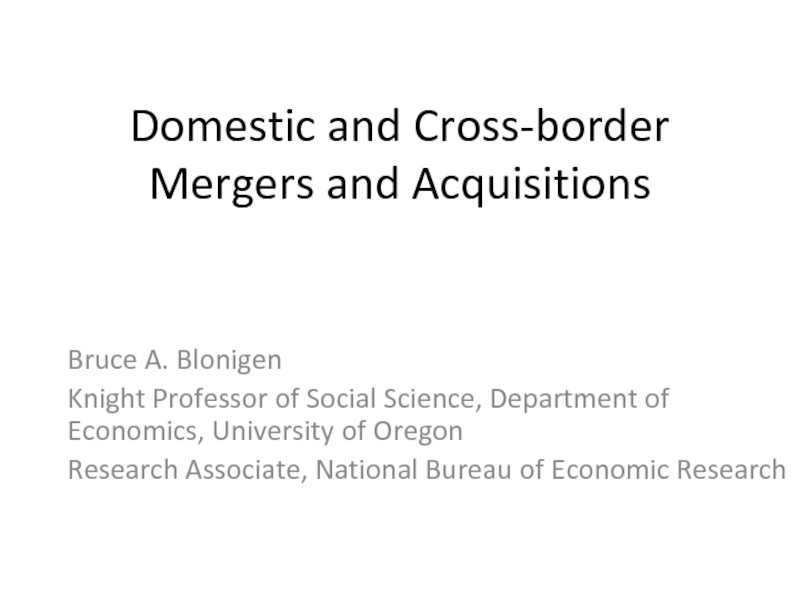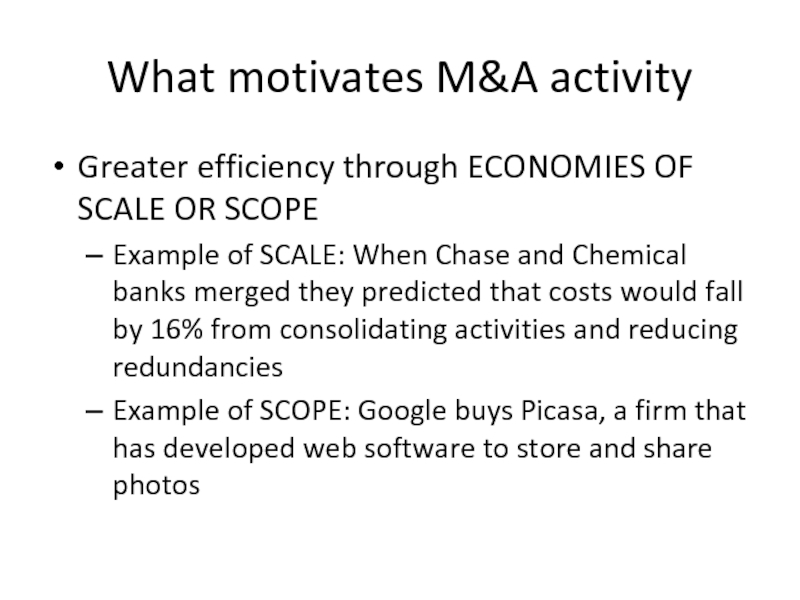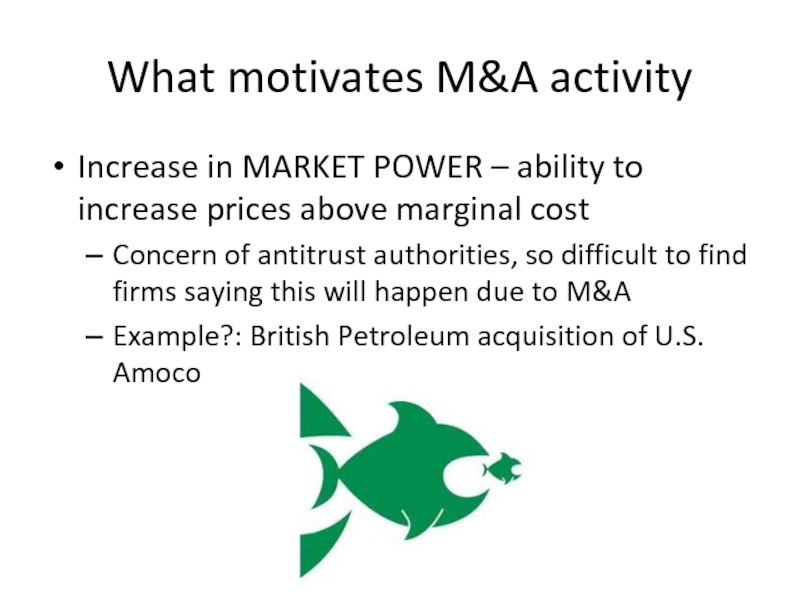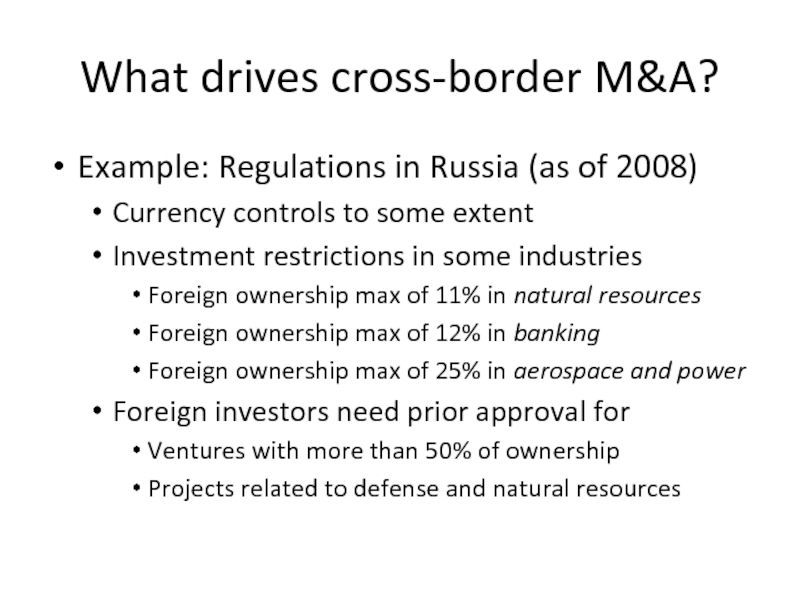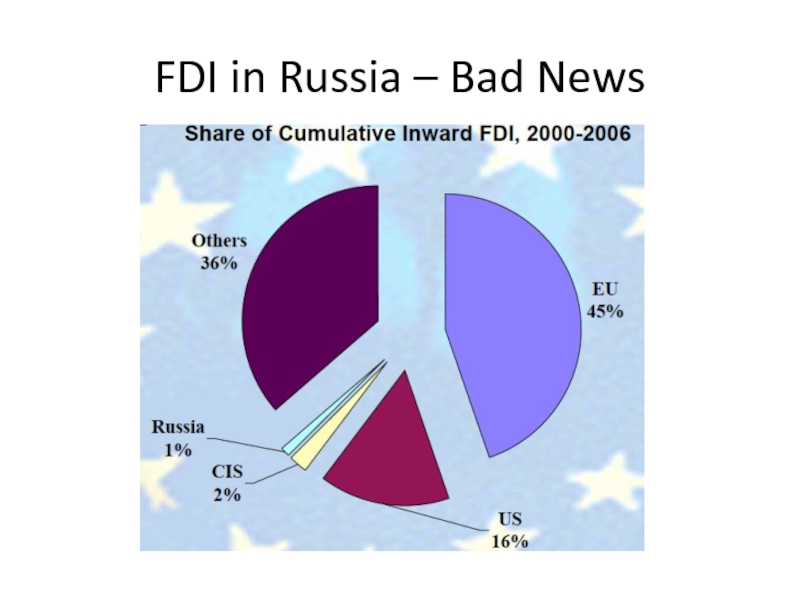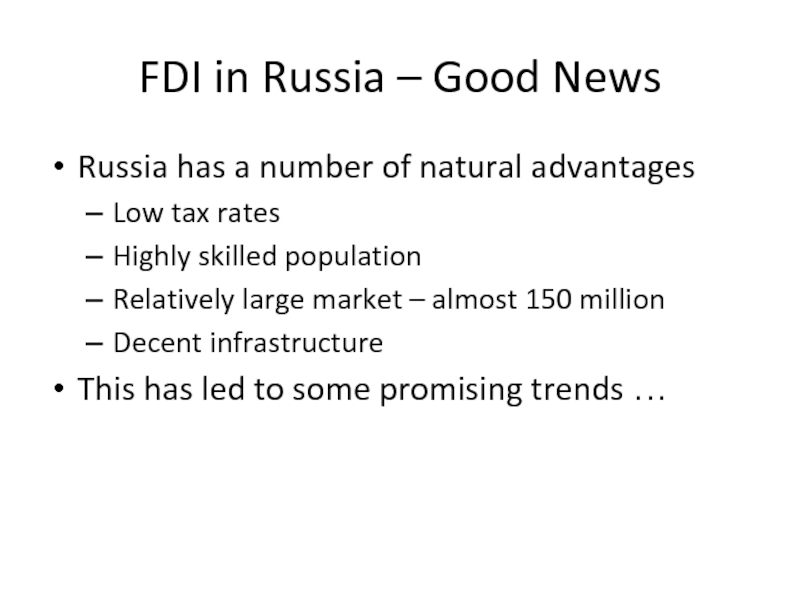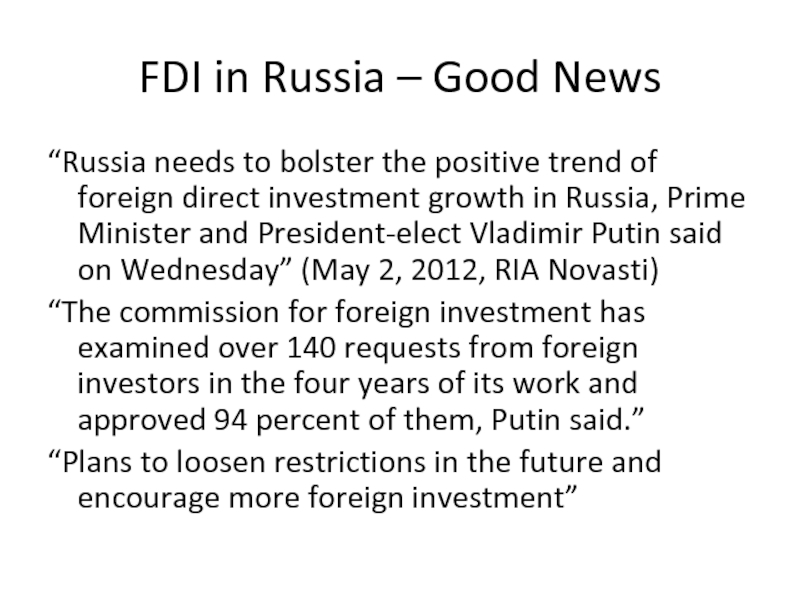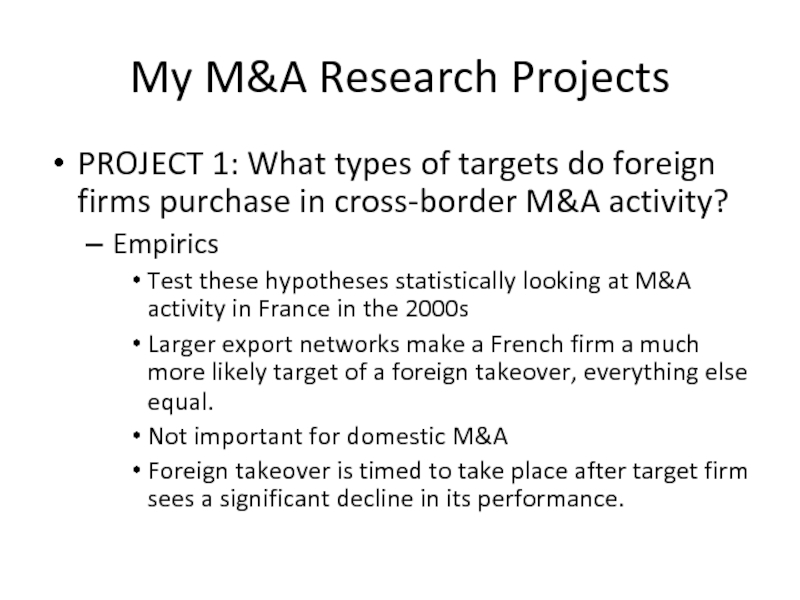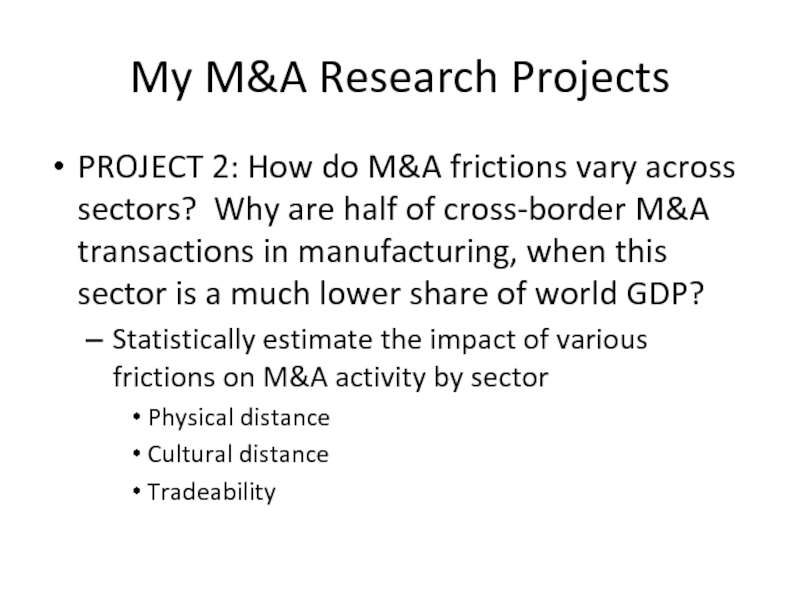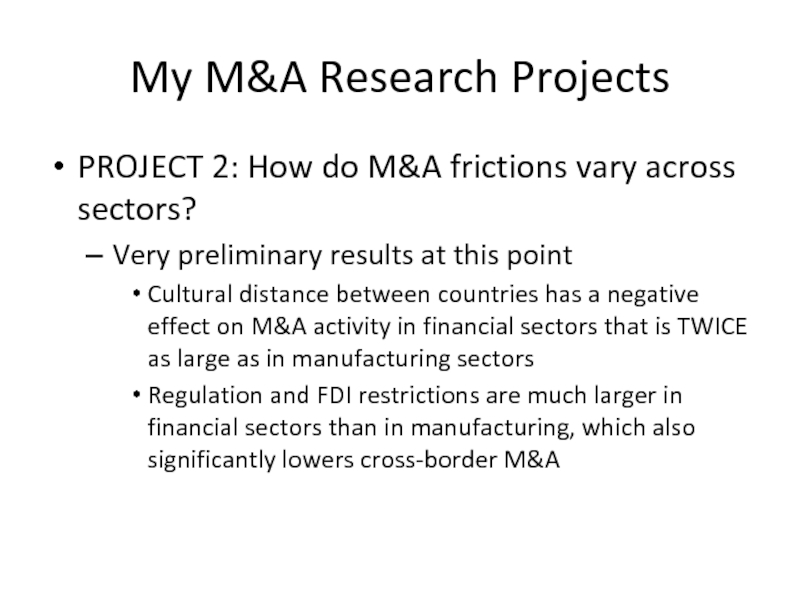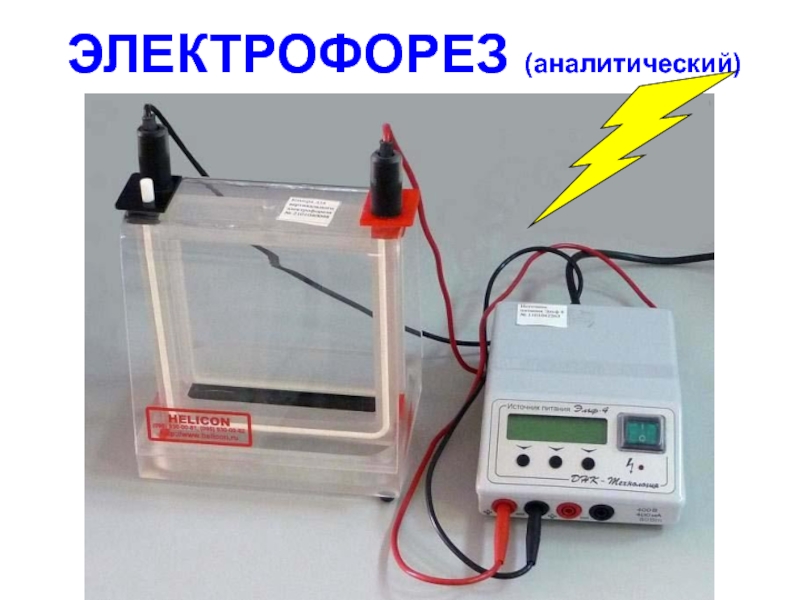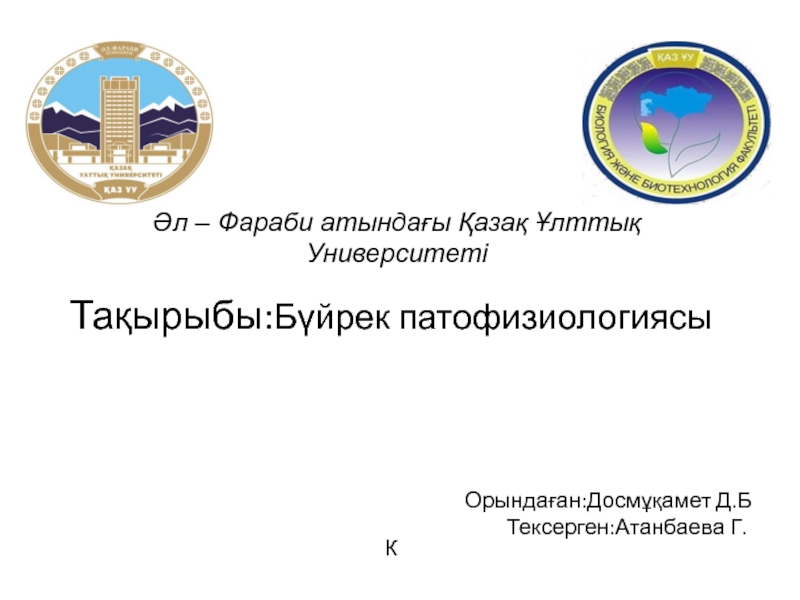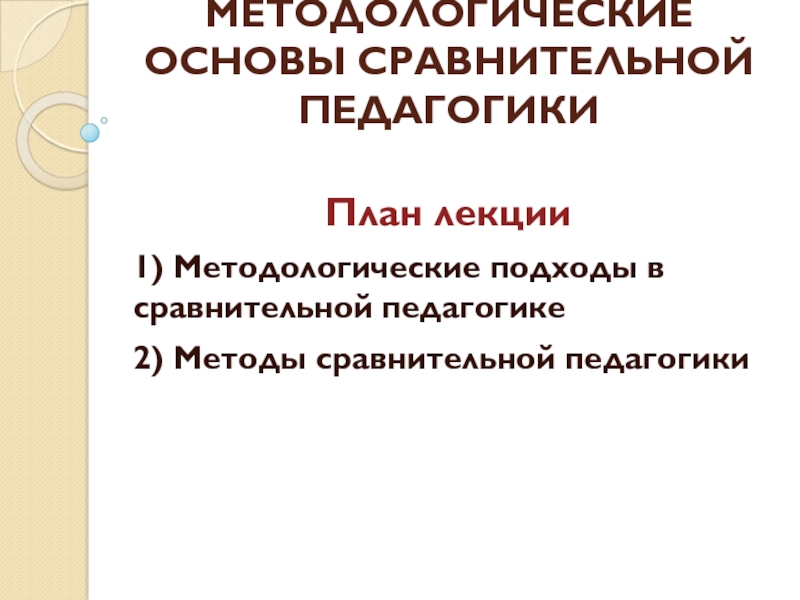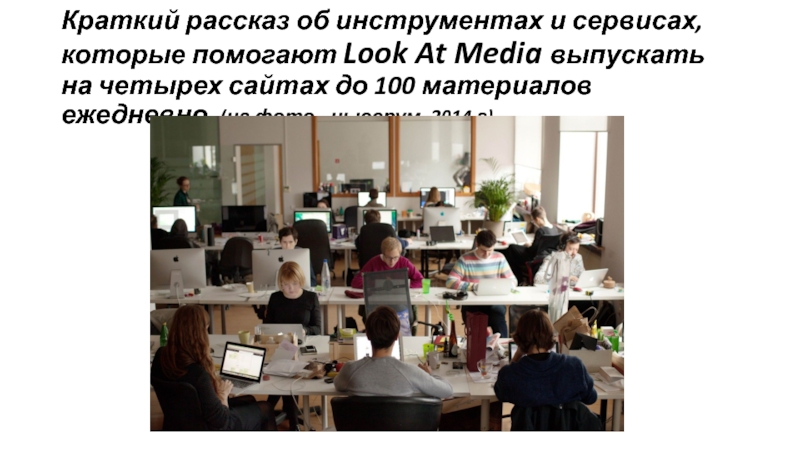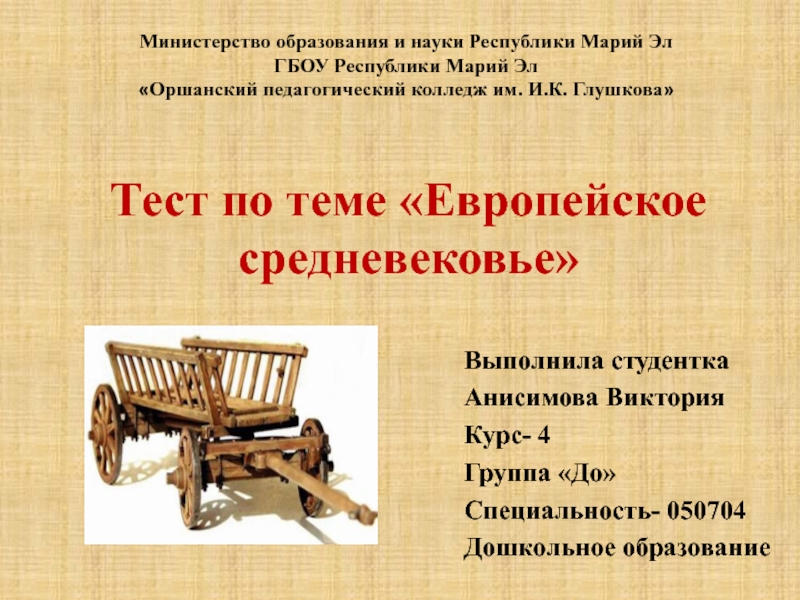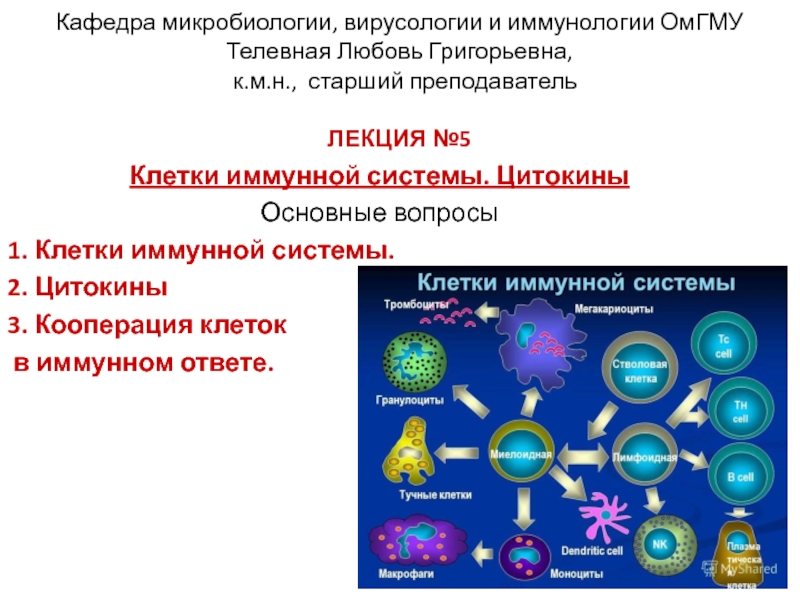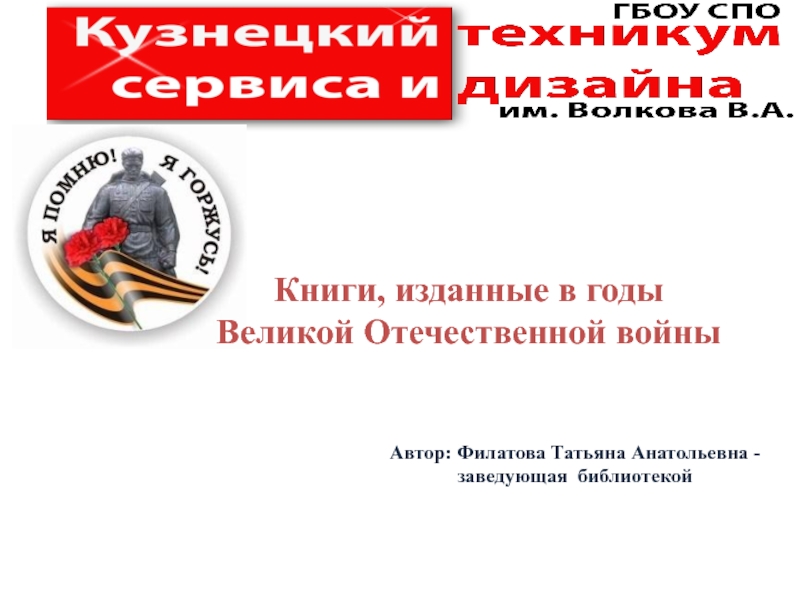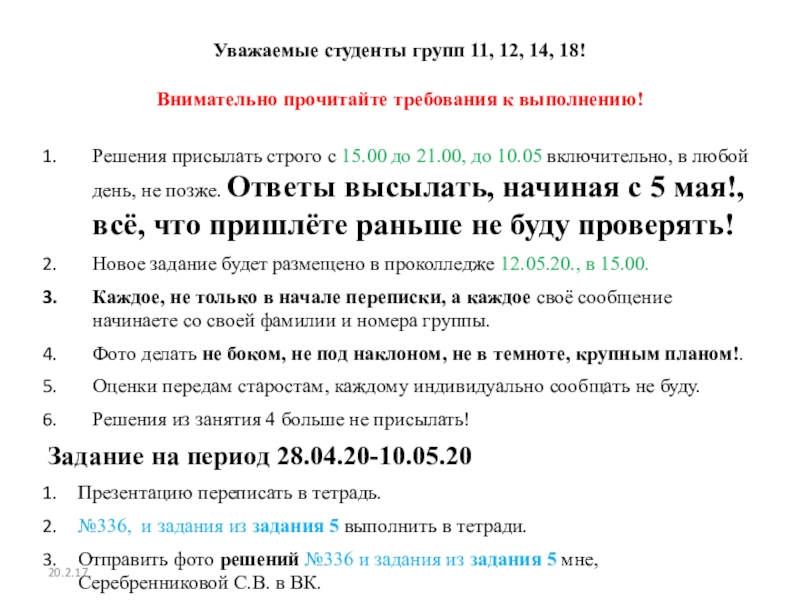Разделы презентаций
- Разное
- Английский язык
- Астрономия
- Алгебра
- Биология
- География
- Геометрия
- Детские презентации
- Информатика
- История
- Литература
- Математика
- Медицина
- Менеджмент
- Музыка
- МХК
- Немецкий язык
- ОБЖ
- Обществознание
- Окружающий мир
- Педагогика
- Русский язык
- Технология
- Физика
- Философия
- Химия
- Шаблоны, картинки для презентаций
- Экология
- Экономика
- Юриспруденция
Domestic and Cross-border Mergers and Acquisitions
Содержание
- 1. Domestic and Cross-border Mergers and Acquisitions
- 2. DefinitionsMERGERS and ACQUISTIONS (M&As) are transactions where
- 3. Why should we care?World M&A activity was
- 4. What motivates M&A activityGreater efficiency through ECONOMIES
- 5. What motivates M&A activityIncrease in MARKET POWER
- 6. What motivates M&A activityPairing of complementary assets
- 7. What motivates M&A activityVERTICAL INTEGRATION – firm
- 8. Financing of M&AsTwo main ways to finance
- 9. Banks and Financing of M&AsWhen a cash
- 10. Are M&As Good Business Decisions?Merging assets of
- 11. Are M&As Good Business Decisions?At best, only
- 12. Are M&As Good Business Decisions?Evidence is that
- 13. Bank financing and M&AsAgain, results suggest that
- 14. Merger Waves
- 15. Merger WavesDebate about why these occurRegulationsTechnologyStock market
- 16. Cross-border M&A activityWhy should we care?Represents foreign
- 17. Cross-border M&A activityWhy should we care?Evidence is
- 18. Cross-border M&A activityWhy should we care?There are
- 19. What drives cross-border M&A?Same motives possible as with all M&A
- 20. What drives cross-border M&A?But also additional motives
- 21. What drives cross-border M&A?Additional frictions for cross-border
- 22. What drives cross-border M&A?Example: Regulations in Russia
- 23. FDI in Russia – Patterns and TrendsFDI into Russia in millions of US dollars
- 24. FDI in Russia – Patterns and TrendsFDI into Russia by sectors
- 25. FDI in Russia – Patterns and Trends
- 26. FDI in Russia – Bad News
- 27. FDI in Russia – Bad News
- 28. FDI in Russia – Bad NewsReasons?Currency controls
- 29. FDI in Russia – Good NewsRussia has
- 30. FDI in Russia – Good News
- 31. FDI in Russia – Good News
- 32. FDI in Russia – Good News
- 33. FDI in Russia – Good News“Russia needs
- 34. My M&A Research ProjectsPROJECT 1: What types
- 35. My M&A Research ProjectsPROJECT 1: What types
- 36. My M&A Research ProjectsPROJECT 1: What types
- 37. My M&A Research ProjectsPROJECT 2: How do
- 38. My M&A Research ProjectsPROJECT 2: How do
- 39. Скачать презентанцию
DefinitionsMERGERS and ACQUISTIONS (M&As) are transactions where one party sells part or all of their productive assets to another partyACQUIROR is the party buying the assetsTARGET is the party being purchasedCROSS-BORDER
Слайды и текст этой презентации
Слайд 1Domestic and Cross-border Mergers and Acquisitions
Bruce A. Blonigen
Knight Professor of
Social Science, Department of Economics, University of Oregon
National Bureau of Economic ResearchСлайд 2Definitions
MERGERS and ACQUISTIONS (M&As) are transactions where one party sells
part or all of their productive assets to another party
ACQUIROR
is the party buying the assetsTARGET is the party being purchased
CROSS-BORDER M&As are where the two parties are located in different countries
Слайд 3Why should we care?
World M&A activity was around US$2.7 trillion
in 2011
Cross-border M&A is the main way in which foreign
investors gain control of productive domestic assetsThe banking sector is a major source of financing M&A activity
The banking sector sees significant M&A activity in developed economies (8% in US)
Слайд 4What motivates M&A activity
Greater efficiency through ECONOMIES OF SCALE OR
SCOPE
Example of SCALE: When Chase and Chemical banks merged they
predicted that costs would fall by 16% from consolidating activities and reducing redundanciesExample of SCOPE: Google buys Picasa, a firm that has developed web software to store and share photos
Слайд 5What motivates M&A activity
Increase in MARKET POWER – ability to
increase prices above marginal cost
Concern of antitrust authorities, so difficult
to find firms saying this will happen due to M&AExample?: British Petroleum acquisition of U.S. Amoco
Слайд 6What motivates M&A activity
Pairing of complementary assets – SYNERGIES
Example: Disney
and Pixar
Example:
“For example, when Renault took a one third
share of Nissan, it had not been contemplating building a Renault factory in Japan. There was no intention of shifting production of Renault models to Japanese factories. Instead, Renault installed one of its star managers, Carlos Ghosn, as the Nissan CEO. He proceeded to restructure the Japanese company, restoring it to profitability” --- Head & Ries, J. of Int’l Econ, 2008
Слайд 7What motivates M&A activity
VERTICAL INTEGRATION – firm purchasing an upstream
supplier (or vice versa)
EX: Auto manufacturer purchases an automobile parts
supplierСлайд 8Financing of M&As
Two main ways to finance an acquisition
Cash
Stock –
provide the shareholders of the other company with shares in
your acquiring firmOver the past decade, cash accounts for about 60% of all deals according to Dealogic
Слайд 9Banks and Financing of M&As
When a cash offer, this may
often be financed through bank lending
This means the bank must
also evaluate whether the acquisition is a good business decision and allow repayment of the loanResults suggest that bank debt performs an important certification and monitoring role for acquirers in tender offers – M&A financed by banks generally are more successul
Слайд 10Are M&As Good Business Decisions?
Merging assets of two companies is
a very complex task – can take years to complete
Many
examples of failed M&AsEX: eBay and Skype – eBay customers prefer email
EX: AOL and Time Warner – bad timing – end of dotcom bubble; culture clash
EX: Daimer and Chrysler – culture clash
Слайд 11Are M&As Good Business Decisions?
At best, only half of all
M&As have been shown to create shareholder value.
Слайд 12Are M&As Good Business Decisions?
Evidence is that target shareholders see
significant gains, but acquiring firms’ shareholders do not?
Why do they
fail? Overestimated net benefits
CEO incentives wrong. Hubris?
Слайд 13Bank financing and M&As
Again, results suggest that bank debt performs
an important certification and monitoring role for acquirers in tender
offers.Third party can be an important check on whether the decision makes sense and is not too risky
Слайд 15Merger Waves
Debate about why these occur
Regulations
Technology
Stock market and increased firm
equity valuations
Best explanation – combination
Regulations and technology provide motive for
M&A, but need stock market valuations necessary to provide the preferred financingСлайд 16Cross-border M&A activity
Why should we care?
Represents foreign acquirers buying domestic
assets or vice versa
Firms that engage in this activity are
Large
Unusually
productive and efficientHave access to many markets for capital and consumers
Слайд 17Cross-border M&A activity
Why should we care?
Evidence is that these firms
bring net benefits generally
Typically pay higher wages than average domestic
firmWill work with local suppliers to make them more productive and efficient
May provide other spillovers in terms of greater overall productivity and competition in the marketplace
As a result, governments often offer financial packages and other incentives to attract foreign investors
Слайд 18Cross-border M&A activity
Why should we care?
There are possible negative effects
May
not care as much about the local environment
May be more
likely to moveMay drive out local firms
Слайд 20What drives cross-border M&A?
But also additional motives for cross-border M&A
Access
to new international markets – HORIZONTAL foreign direct investment (FDI)
Access
to lower wages – VERTICAL FDIRESOURCE FDI
Seeking source of resource not in own country
Example: Oil!
Слайд 21What drives cross-border M&A?
Additional frictions for cross-border M&A
Political and economic
uncertainty can matter much more for firms crossing borders
Cultural differences
matterOften greater regulations for foreign investors
Слайд 22What drives cross-border M&A?
Example: Regulations in Russia (as of 2008)
Currency
controls to some extent
Investment restrictions in some industries
Foreign ownership max
of 11% in natural resourcesForeign ownership max of 12% in banking
Foreign ownership max of 25% in aerospace and power
Foreign investors need prior approval for
Ventures with more than 50% of ownership
Projects related to defense and natural resources
Слайд 28FDI in Russia – Bad News
Reasons?
Currency controls and regulations
Political environment
and corruption
Not as close to western European markets as many
of the former Soviet bloc countriesСлайд 29FDI in Russia – Good News
Russia has a number of
natural advantages
Low tax rates
Highly skilled population
Relatively large market – almost
150 millionDecent infrastructure
This has led to some promising trends …
Слайд 33FDI in Russia – Good News
“Russia needs to bolster the
positive trend of foreign direct investment growth in Russia, Prime
Minister and President-elect Vladimir Putin said on Wednesday” (May 2, 2012, RIA Novasti)“The commission for foreign investment has examined over 140 requests from foreign investors in the four years of its work and approved 94 percent of them, Putin said.”
“Plans to loosen restrictions in the future and encourage more foreign investment”
Слайд 34My M&A Research Projects
PROJECT 1: What types of targets do
foreign firms purchase in cross-border M&A activity?
Lemons? Poor-performing firms?
Cherries? The
best performing firms?We hypothesize that foreign firms go after “cherries for sale”. Top companies when they have a bad shock.
We also think that “cherries” are companies that have set up export networks
Слайд 35My M&A Research Projects
PROJECT 1: What types of targets do
foreign firms purchase in cross-border M&A activity?
Theory: 3-Stage Game
Stage 1
– Good domestic company sets up export networks and sells a lot on the networkStage 2 – Domestic company has a negative shock and no longer sells very well on its network.
Stage 3 – Foreign firm finds the export network valuable because different from its own and purchases the domestic firm that received the shock
Слайд 36My M&A Research Projects
PROJECT 1: What types of targets do
foreign firms purchase in cross-border M&A activity?
Empirics
Test these hypotheses statistically
looking at M&A activity in France in the 2000sLarger export networks make a French firm a much more likely target of a foreign takeover, everything else equal.
Not important for domestic M&A
Foreign takeover is timed to take place after target firm sees a significant decline in its performance.
Слайд 37My M&A Research Projects
PROJECT 2: How do M&A frictions vary
across sectors? Why are half of cross-border M&A transactions in
manufacturing, when this sector is a much lower share of world GDP?Statistically estimate the impact of various frictions on M&A activity by sector
Physical distance
Cultural distance
Tradeability
Слайд 38My M&A Research Projects
PROJECT 2: How do M&A frictions vary
across sectors?
Very preliminary results at this point
Cultural distance between
countries has a negative effect on M&A activity in financial sectors that is TWICE as large as in manufacturing sectorsRegulation and FDI restrictions are much larger in financial sectors than in manufacturing, which also significantly lowers cross-border M&A
